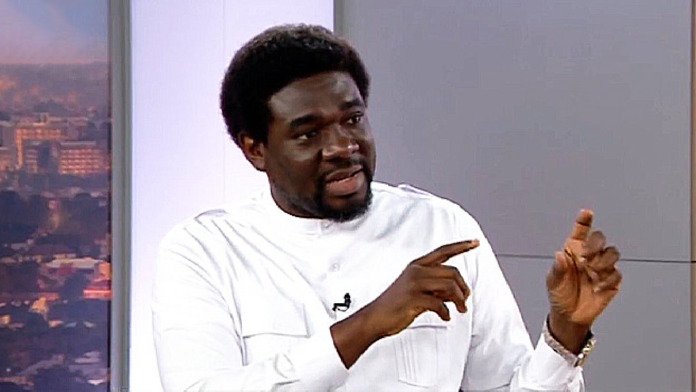Minimum wage: TUC issues warning to states, threatens 2-day strike
Festus Osifo, President of the TUC, urged the states to do so to avoid industrial action.
Festus Osifo, President of the TUC, urged the states to do so to avoid industrial action.
© 2024 Daily Patriot Nigeria. All Rights Reserved.


